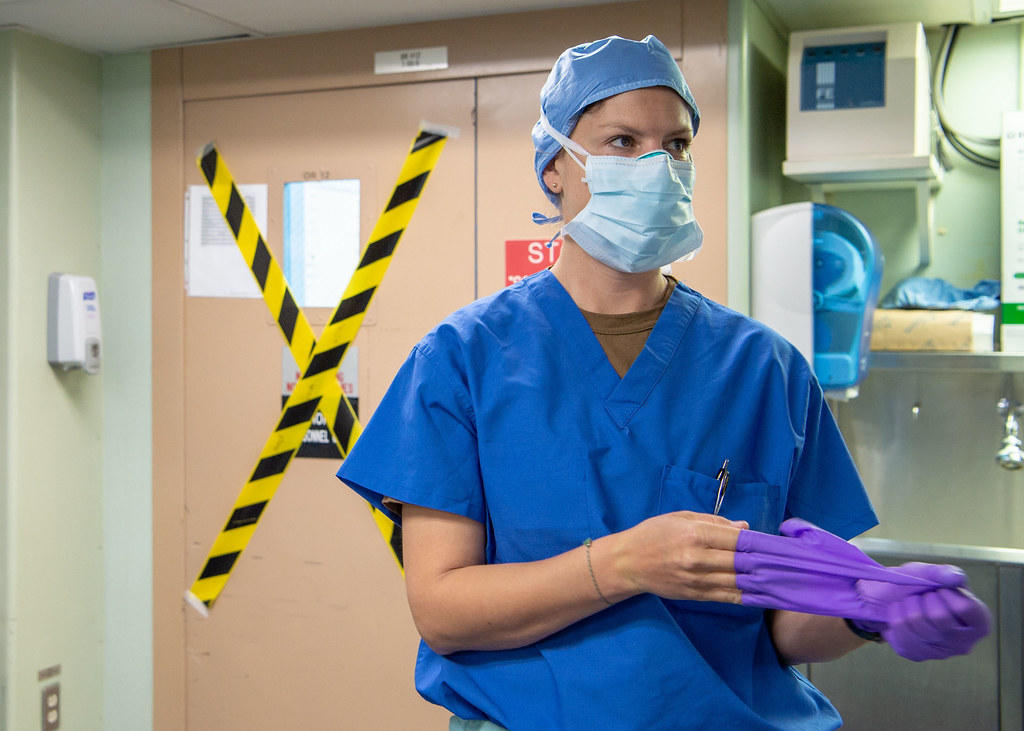

- #Trauma nurse manuals#
- #Trauma nurse professional#
Interactive discussions are also used to cover the approaches to teamwork and managing trauma at the extremes of age.Ĭontinuous and end point assessments are used on the course. Unfolding scenarios are used to structure the learning, so that participants can apply their knowledge from the pre-course learning in clinical simulations. On the ATLS ® days, the nurses work in small groups with medical participants on the ATLS ® course. A variety of teaching and learning methods are used to explore these topics. This section focuses on the nursing responsibilities essential to acute trauma management. The one-day nursing component of ATNC precedes the ATLS ® course.

#Trauma nurse manuals#
Participants who have not completed the e-learning in full by 7am the day before the course will not be allowed to participate in the course and will forfeit their course fee.Ĭourse participants will receive access to the ATLS ®pre-course e-learning resources on the RCS Virtual Learning Environment (VLE) via a notification with log in details six weeks before the course at the latest.Ĭourse participants are also required to read the ATNC and ATLS ® course manuals in full to prepare for the assessments on the course. Full completion of the pre-course learning / MCQs is a mandatory requirement to attend the course. Participants will also need to complete a pre-course ATNC MCQ to prepare them for the style of the examination that will be used to test knowledge at the end of the course.
#Trauma nurse professional#
Demonstrate knowledge of legal, ethical and professional issues that influence the care of the trauma patientīefore the course, you will be required to complete the ATLS ®pre-course e-learning consisting of an overview chapter, 13 modules and quizzes, pre and post module MCQs and it takes approximately 1-2 hrs to complete each module. Demonstrate knowledge, skill and attitude to be an effective trauma team member. Demonstrate knowledge, skill and attitude to support and relieve psychological stress in trauma patients, their families/friends and staff. Demonstrate knowledge, skill and attitude in the care of the dying patient and their family, and the facilitation of tissue and organ donation. Patients with communication difficulties. Confused, agitated and aggressive patient. Demonstrate the knowledge, skill and attitude in the assessment and management of patients in special circumstances, including. Demonstrate the knowledge, skill and attitude in the assessment and management of pain. Airway and restriction of C-Spine motion. Demonstrate the knowledge and competence to assess and manage a trauma patient using primary and secondary assessment principles including management of:. Have knowledge, skills and attitude associated with the preparation and reception of a trauma patient. NICE (2016) Trauma Guidelines and be able to apply them Be aware of National guidance and standards, e.g. Be able to discuss and apply local guidelines and standard operating procedures (SOPs) e.g. Understand and apply the criteria for activation of the trauma team with respect to: - Physiological signs - Injuries sustained - Mechanism - Special circumstances. Understand the local Trauma Network system and the centralisation of trauma services. Upon completion of the ATNC provider course the nurse will be able to: Regrettably, we cannot offer a waiting list service, but we are doing everything we can to make more courses available. You may also choose to 'Register your interest' using the button below. Please refer to the format tab below for more information on the mandatory e-learning.ĭue to high demand for places on courses, we recommend checking the website frequently for new courses and places that may become available. In addition, nurses will complete pre-course learning in the ATNC manual. The ATNC has access to the ATLS ® e-learning modules, which cover the knowledge component of ATLS ®. In this respect the ATNC is unique in the UK in being able to combine with the ATLS ® course and promote multidisciplinary learning in the management of the trauma patient. The "team approach" is encouraged through shared learning with doctors on the Advanced Trauma Life Support ( ATLS ®) course. It provides an opportunity to develop the knowledge, skill and attitude necessary to care for the trauma patient and is recognized as an appropriate preparation for achieving Level 2 National Major Trauma Nursing Competencies (NMTNG 2016). It follows the patient journey from preparing for their arrival, through the resuscitation phase of their care. The ATNC is a 3-day course for registered nurses, paramedics* and ODPs*.






 0 kommentar(er)
0 kommentar(er)
